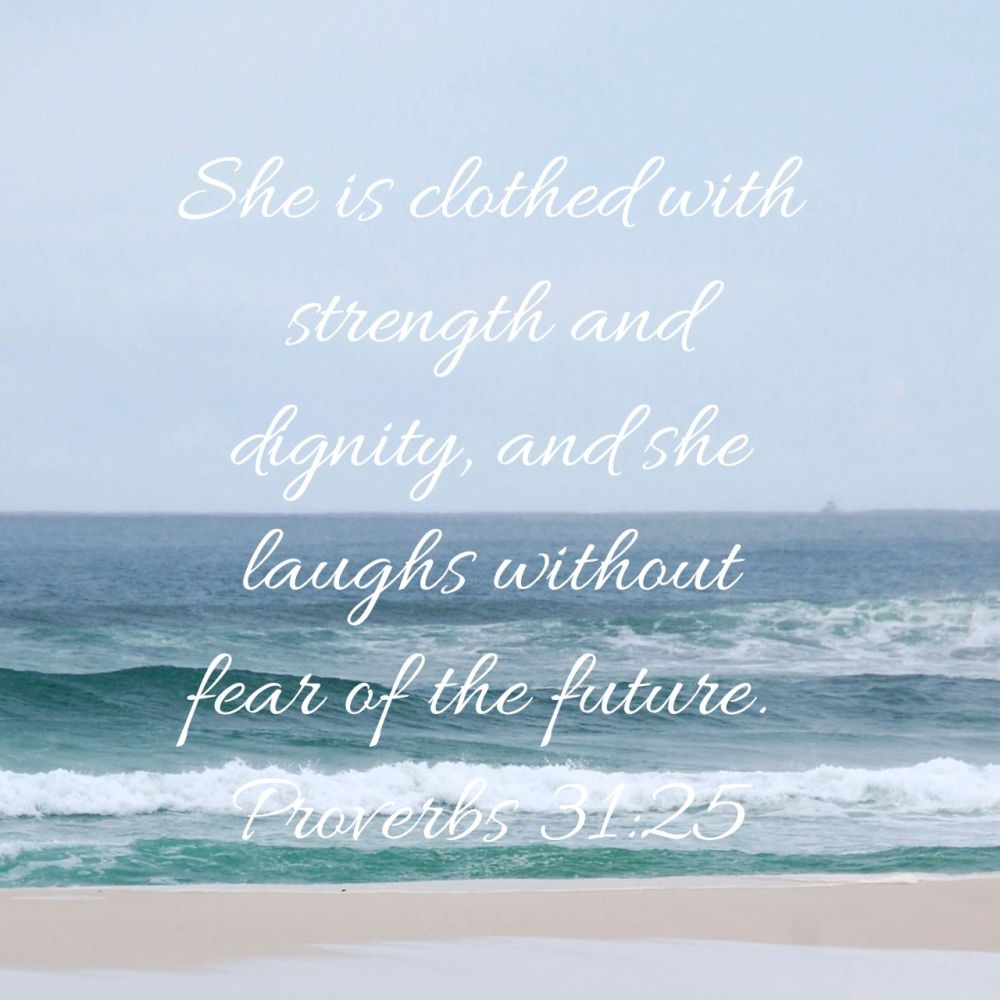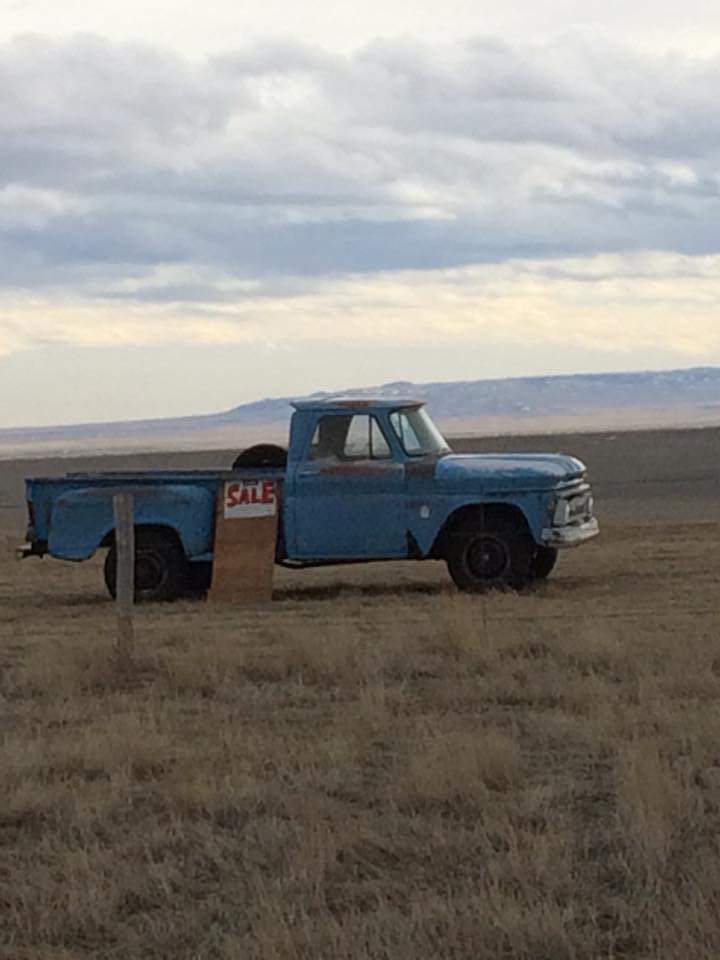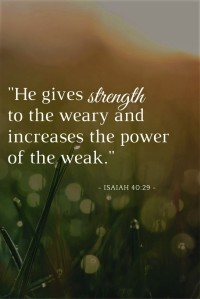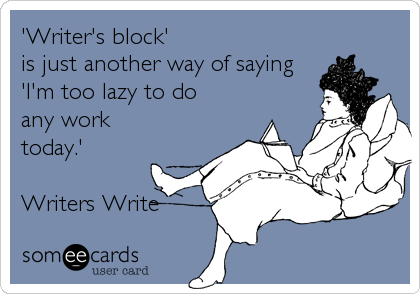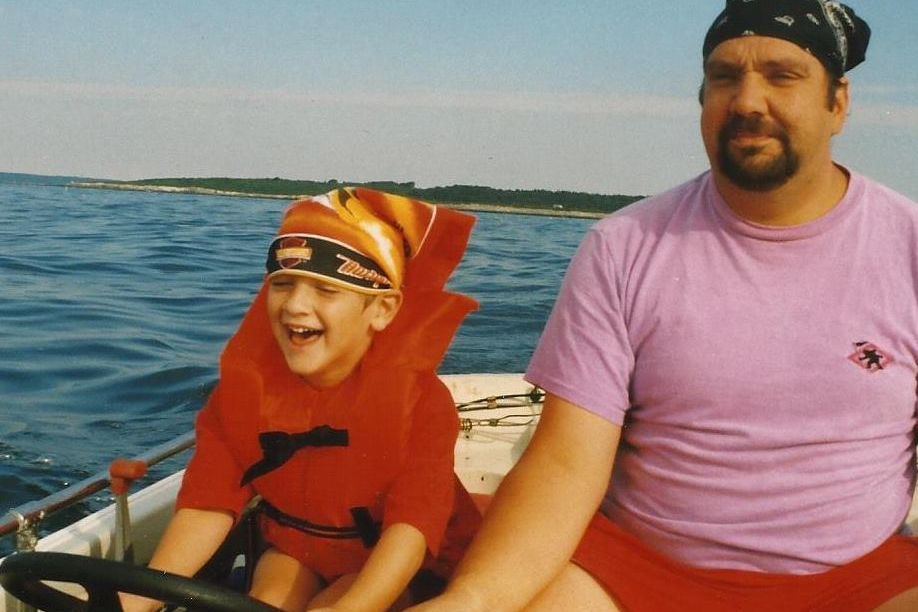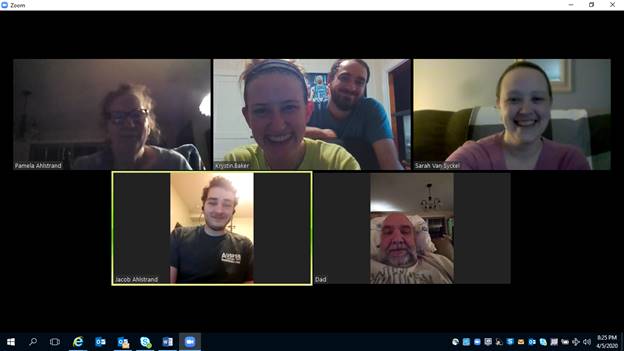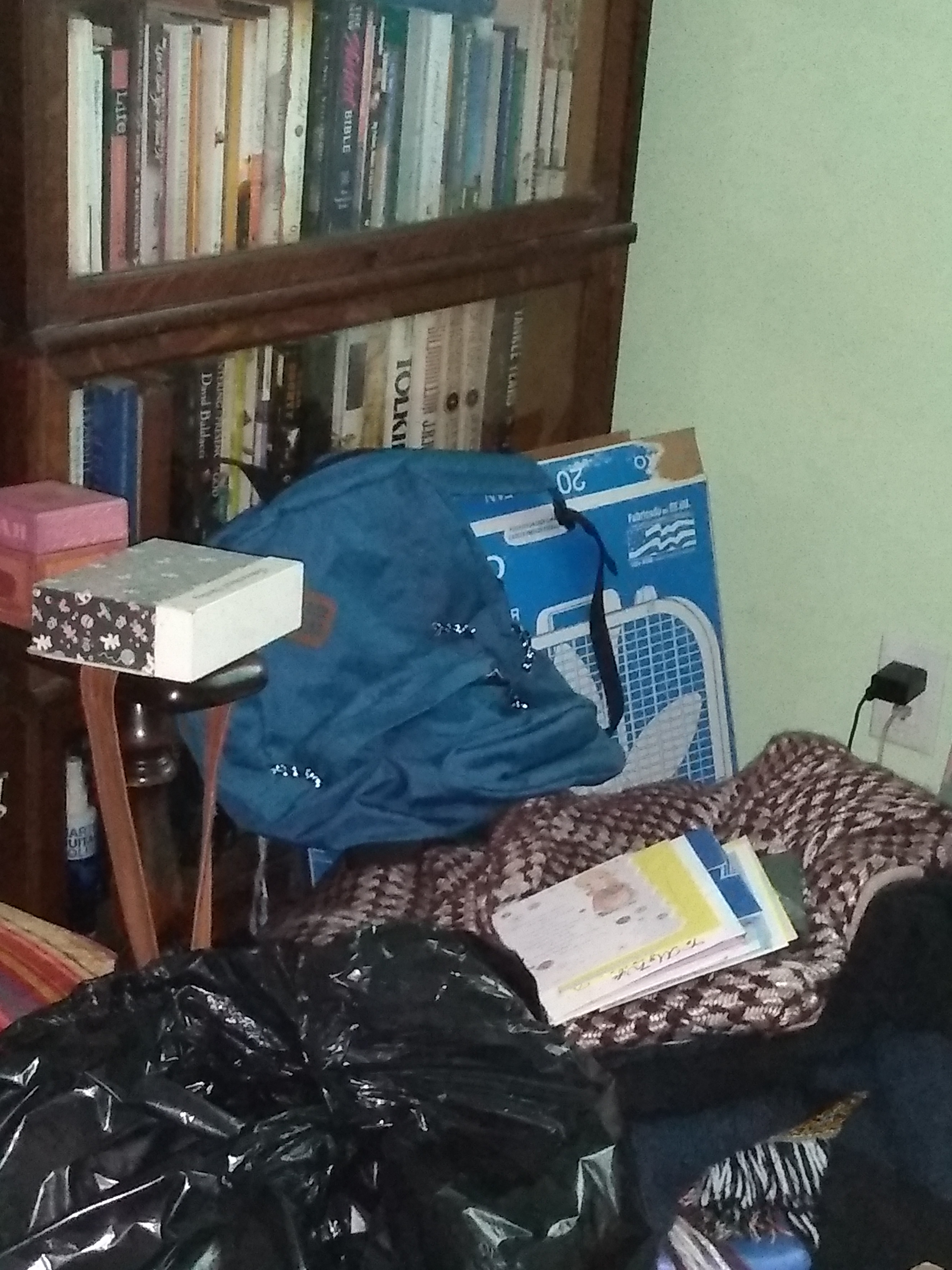
Sometimes it takes a while for me to “get it”, even when the same message comes up day after day. And then there are times, more often than not, that I read something, and jot it in my journal as a thought for a blog post, but never go back and finish the thought. In this case, it’s a little of both. The last few months have been a little chaotic, between selling a house, packing and moving (déjà vu?), and a bunch of other various and assorted live events; even now, I’m sitting here surrounded by boxes that need to be unpacked, hearing every creak and noise in this unfamiliar house, and thinking “I don’t have time to write anything”. But as often the case, I don’t write for accolades or recognition or even to be read. It helps me process the jumbled thoughts that I have allowed to run rampant in my mind. And as I recently read (not for the first time) in a little book called Practicing His Presence, written in the 1600’s by a monk named Brother Laurence: “Your useless thoughts spoil everything. That is where the mischief begins.”
Those “useless thoughts” can spoil an entire day; they are usually thoughts about things over which I have no control or circumstances I have no hop of changing just by thinking. And though I haven’t ever used the word “mischief” to describe the result of all that overthinking, it certainly applies. Nothing but trouble comes about as a result of all that thinking.
About two months ago I had the familiar experience of the same phrase or word coming up in one of my morning readings several days in a row. First it was Psalm 37, one of my favorites, reminding me “do not fret because of those who are evil or be envious of those who do wrong; (v. 1). “Refrain from anger and turn from wrath; do not fret– it only causes harm” (v. 8). It’s a psalm I’ve turned to many times for comfort because it reminds me to trust, and to rest. At times, reading it has the desired effect, and I can find a bit of rest. But sometimes I need repeated reminders. The very next day the word “fret” came up again, this time in a very different reading in a very different book. It said “I know that love and trust are the solvents for the worry and frets of life… I pray that frets and impatience and worry may not corrode my protective screen against all evil thoughts” (Twenty Four hours a Day)
The use of “frets” as a noun instead of a verb stirred up the word nerd in me. And then there was that reference to evil thoughts and worry. So of course I had to head to the dictionary to find all the definitions of the word “fret”, other than the one I was most familiar with from my years fumbling at playing the guitar. According to the Oxford dictionary, fret means “the action of wearing away (erosion) or the agitation of mind (irritation). As a verb, it means “to eat into something, to wear or corrode; to become vexed or worried.” It’s also used when talking about water- “fretting” a channel, as when a stream wears away the ground in its path, or fretting (agitating) the surface of a lake- causing ripples. That visual of water wearing down whatever is in its path really nailed it for me; such an apt description of what I have been allowing these “useless thoughts” to do to my otherwise good life.
I have a little wooden plaque that stood on the counter in my mother’s kitchen, and which holds the same place of honor in mine (3 different kitchens in as many years). It says “Worry is the interest you pay on trouble before you have it”. My kids laugh at my corny “mom-isms”, but this one rings true for me lately. So with all these messages about how much trouble this constant worrying and fretting can cause, why do I (and others, I’m sure) continue to do it? Why continue to do anything that is guaranteed to have negative consequences?

For me it always comes back to what I learned long ago in the painful ego-puncturing process known as sobriety- “self-centered fear- primarily fear that we would lose something we already possessed or would fail to get something we demanded.” (Twelve Steps and Twelve Traditions, p. 76). Those losses are not always physical things, but people, relationships, emotional securities. And what person doesn’t have a plan or an idea of how they would like their life to be? I can soften the word “demand” and substitute “desire”, but it all comes down to the same thing- I’m afraid of losing control, afraid something “bad” will happen to one of my children or my husband or my family, afraid the God of my understanding won’t produce the answers to my prayers (worries) that I think they should have.
As I was finishing this post up this morning I received a phone call from a dear friend. She was calling to tell me that one of her adult sons had unexpectedly passed away. She was, of course, heart broken and said she went back and forth between keeping busy making arrangements, making phone calls and trusting in God’s sovereignty; and feeling that she couldn’t go on. I told her I had no words, and could only imagine the devastation she was feeling, of course feeding into that fretting and worrying I experience about my own children. She wisely pointed out that often that is our first reaction- we personalize those feelings as a way of empathizing with others who are suffering. As much as I grieve for her and her heartbreak, I see an opportunity to take those “useless” thoughts and turn them for good. So for today I will try to turn that fretting into compassion and empathy; to use my own struggles and my endurance of them as an encouragement to others who may be going through similar trials. I will not let my thoughts wear down the gratitude I have for the simple things, and will try to acknowledge that sometimes it takes repeated “fretting” to create a stream or a waterfall, that not all my thoughts are bad or evil, and that sitting in that place of worry and self-centered fear is just that- selfish. It impedes my usefulness to others and robs me of a day or an hour where I might come alongside someone who needs it, or to see the beauty in my surroundings instead of complaining about the parts I can’t control.
And perhaps I will take that guitar down off the wall where it hangs and use those frets as they were intended.

